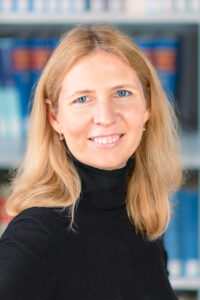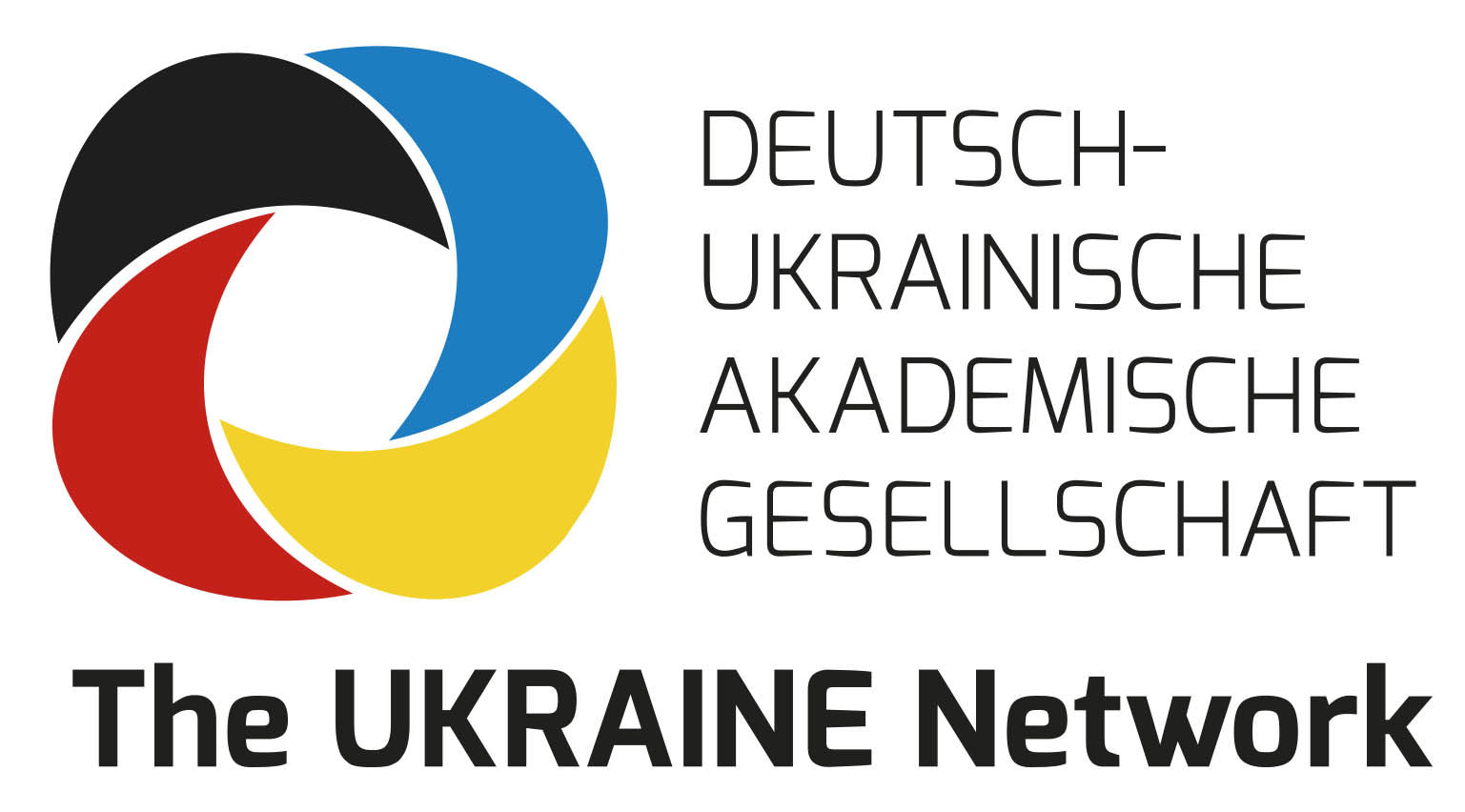
Internal displacement/ migration within Ukraine and forced displacement/ migration abroad resulted in a large flow of females. This challenge urgently requires a rethinking of approaches to integration in the direction of the fastest possible inclusion into the educational, social, cultural and economic spheres. Dr. Yuliya Byelikova with colleagues explore this topic in their recent publications presented below, based on their research on preservation of Ukrainian identity among female-refugees in Germany during the war since 2022. Researchers concluded that new models of gender-sensitive policies both in Ukraine and abroad are required. The advantage of the proposed approach is in seeing refugee-women and children not as a problem group, but as a resource for community development, creating a diverse environment of cultural practices.
- Byelikova Y. (2024). Challenges of Ukrainian Refugees in Germany: Resources for Women’s Empowerment // Journal of Migration and Diversity, Volume: 3, No: 1, pp. 51 – 69, DOI: https://doi.org/10.33182/md.v3i1.3221
This paper discusses a variety of needs and their dynamics based on the adaptation stages. The diversity of emotional states of refugees that previously appeared in scientific literature mostly in the context of depression, PTSD or other serious psychological disorders is revealed. Emotions are seen to be incorporated into all life aspects and could add to understanding the drivers, barriers of refugees actions, models of behavior.
- Karimi, A., & Byelikova, Y. (2024). Wartime (im) mobilities: effects of aspirations-capabilities on displaced Ukrainians in Canada and Germany and their viewpoints on those who remain in Ukraine // Journal of Ethnic and Migration Studies, 1-20, DOI: https://doi.org/10.1080/1369183X.2024.2305282
This paper offers a comparative perspective of displaced Ukrainians’ in Canada and Germany and identifies how macro-level policies and individual resources and aspirations combine to shape different outcomes.
- Byelikova Y.& Lysytsia N. (2023), The influence of cultural factors on the reidentification of Ukrainian refugees // Transitions: Journal of Transient Migration, 7(1-2), 71-89, DOI: https://doi.org/10.1386/tjtm_00052_1
Here the authors describe changes in national identity caused of double trauma (war and having to move abroad). The survey was conducted to measure components of national identity: constructive patriotism, civic citizenship, ethnic citizenship, as well as the impact of cultural and social factors on the process of reidentification of Ukrainian refugees.
Dr. Yuliya Byelikova is a Research Fellow at The Max Planck Institute for the Study of Religious and Ethnic Diversity, an activist, expert on media and gender issues, trainer at the Goethe Institut Ukraine, Internews, GIZ and U-LEAD projects on anti-discrimination, media literacy and inclusion. Yuliya holds a PhD in social sciences, is an alumna of the Open World Leadership Center program, and is a member of the Sociological Association of Ukraine, the Independent Media Union of Ukraine and the Committee Against Misogynist Industrial Advertising. She is the author of more than 80 scientific and educational publications in the field of gender theory, advertising, media communication, emotional leadership and methodology of opinion research.
Published research results were obtained during a fellowship awarded to Dr. Byelikova by The Max Planck Institute for the Study of Religious and Ethnic Diversity. Dr. Byelikova is grateful for the opportunity and support of Prof. Dr. Dr. h.c. Steven Vertovec and Prof. Dr. Karen Schönwälder.
